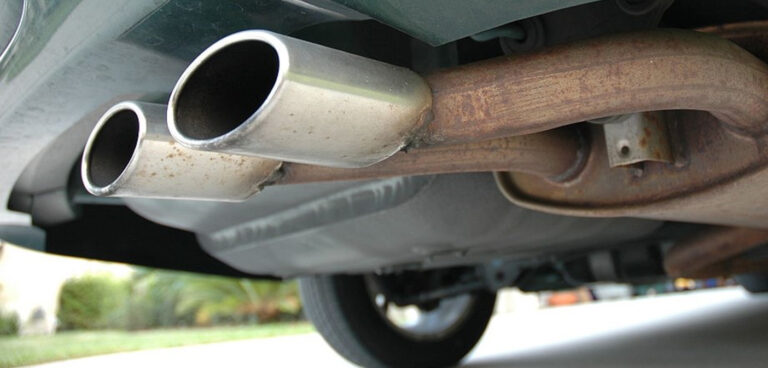A new research project aimed at tackling three major innovations for the UK transport industry has received substantial backing from the UK government’s Department for Business, Energy and Industrial Strategy.
Led by Brunel University London’s Centre for Advanced Powertrain and Fuels, the new £1.4m UKRI project aims to promote research into the development of hydrogen microbubble liquid fuels, multi-fuel combustion engines and high-efficiency integrated engine generators – three developments that reportedly could help dramatically reduce carbon emissions from the UK transport industry.
“Calculations estimate the combined benefit of these three new technologies can account for 90% of CO2 reductions in the UK transport sector, delivering a means to resolve the biggest challenge we are facing now as humans,” said Dr Xinyan Wang, a researcher at Brunel University London’s Centre for Advanced Powertrain and Fuels, who was awarded a UKRI Future Leaders Fellowship to lead the initial four-year project, with a further three years set aside to continue development.
The project will link Brunel with eight research partners – including BP, Shell, Lubrizol, Mahle Powertrain, Camcon Auto, Osprey Ltd, Malvern P and China’s Tianjin University – that aim to push the technologies to market over the next few years for use in the aviation, marine and automotive sectors.
The project’s announcement comes as part of a larger £109m package being funded by UKRI’s Future Leadership Fellowship programme, which awards researchers between £400,000 and £1.5m to develop novel and challenging projects.





